Back to Courses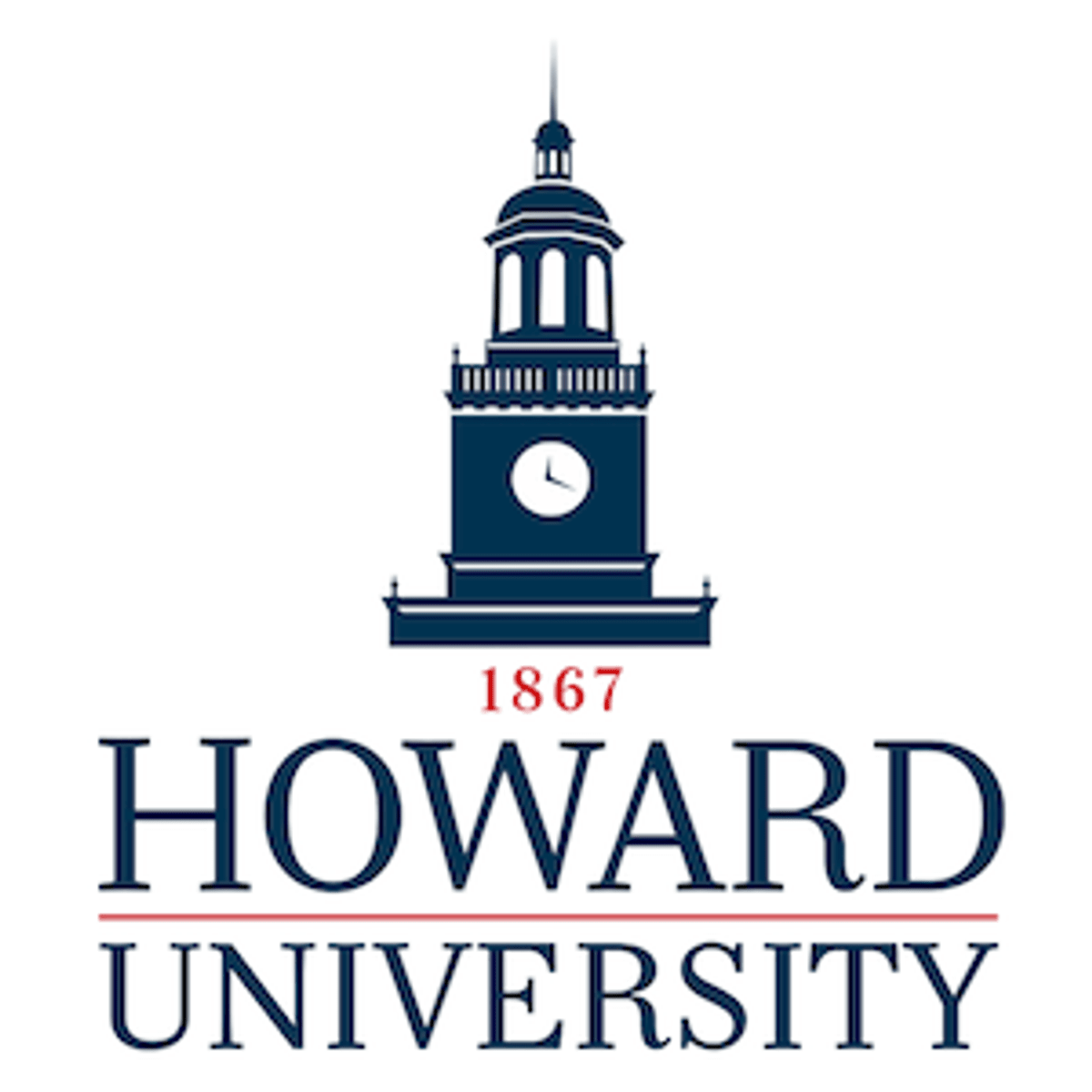
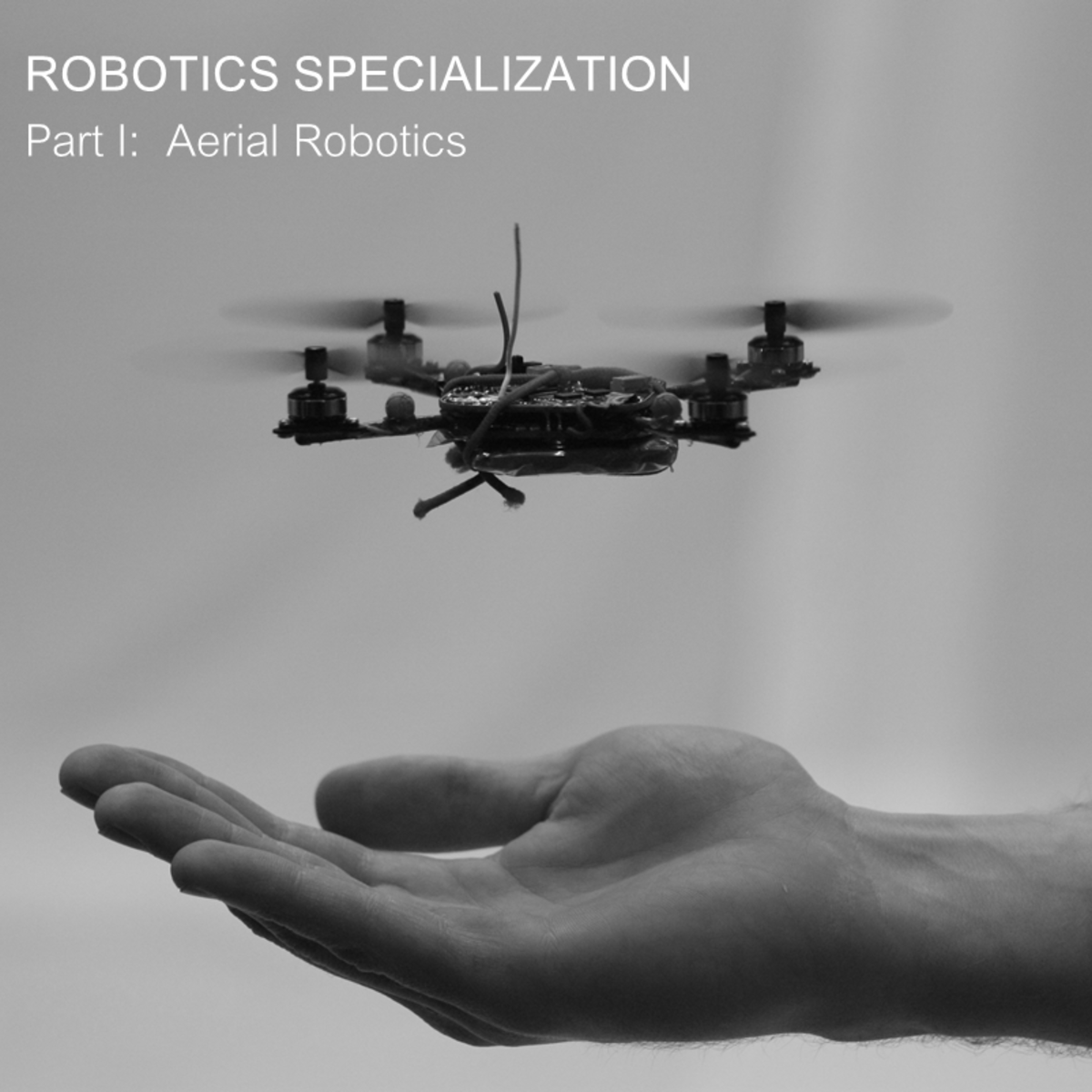
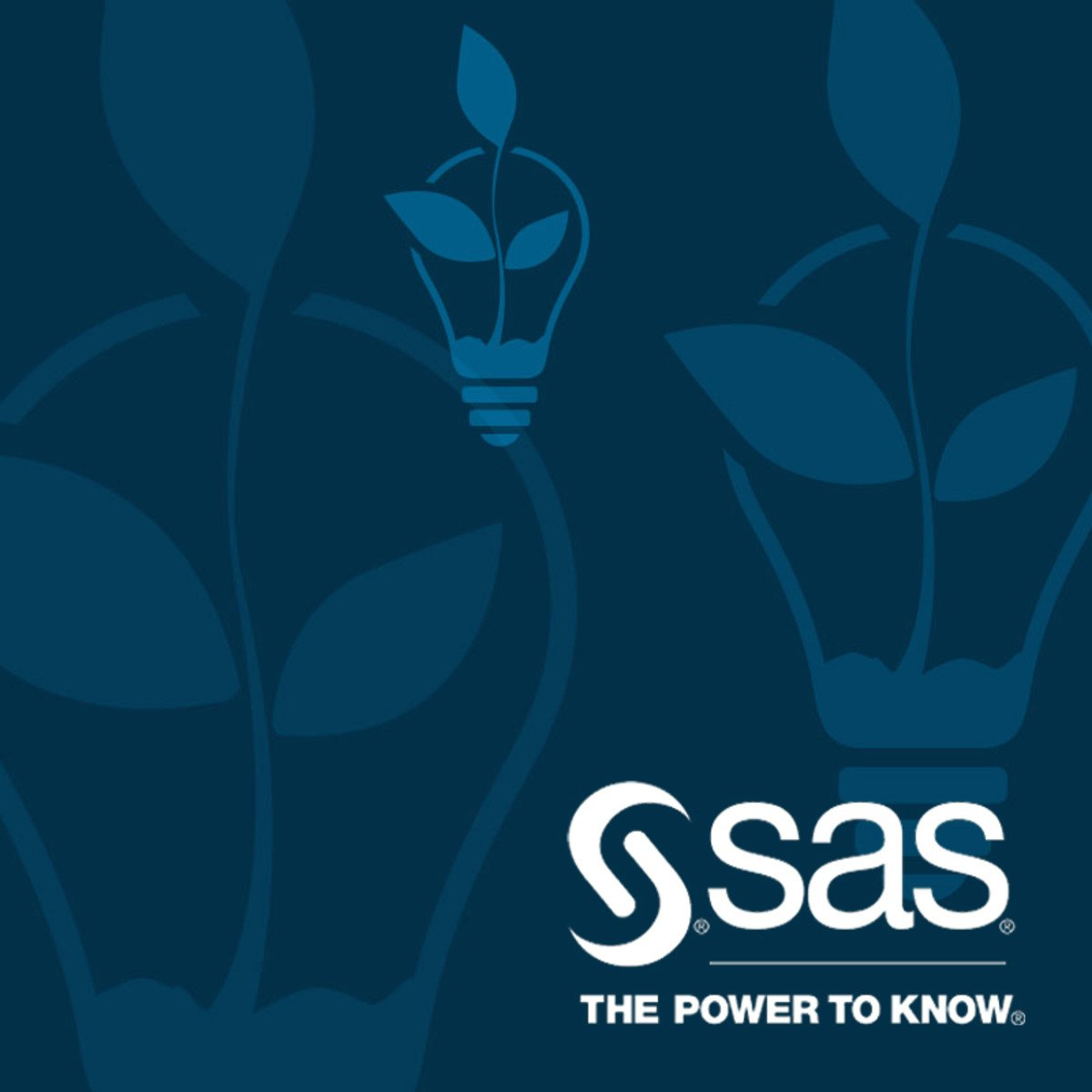
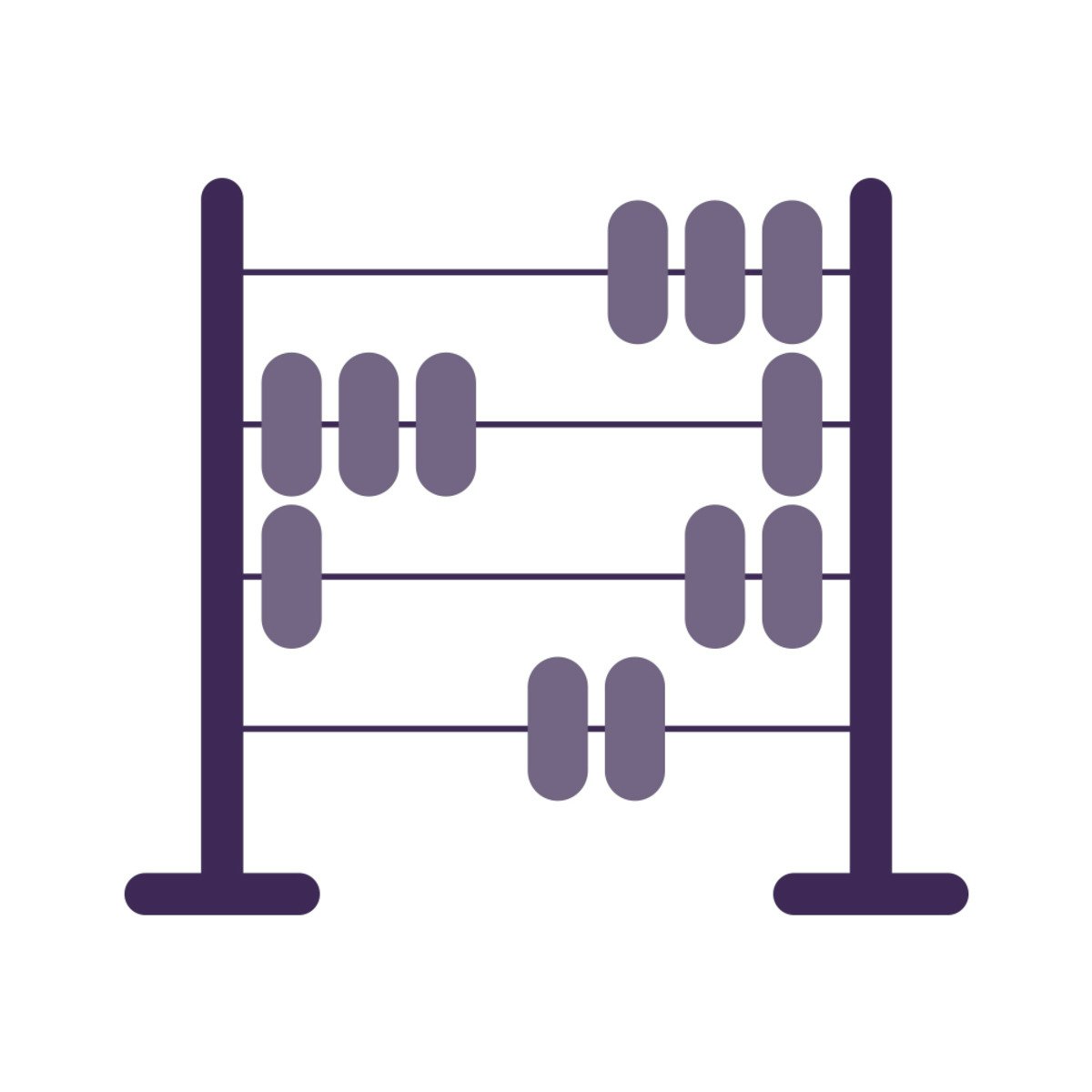


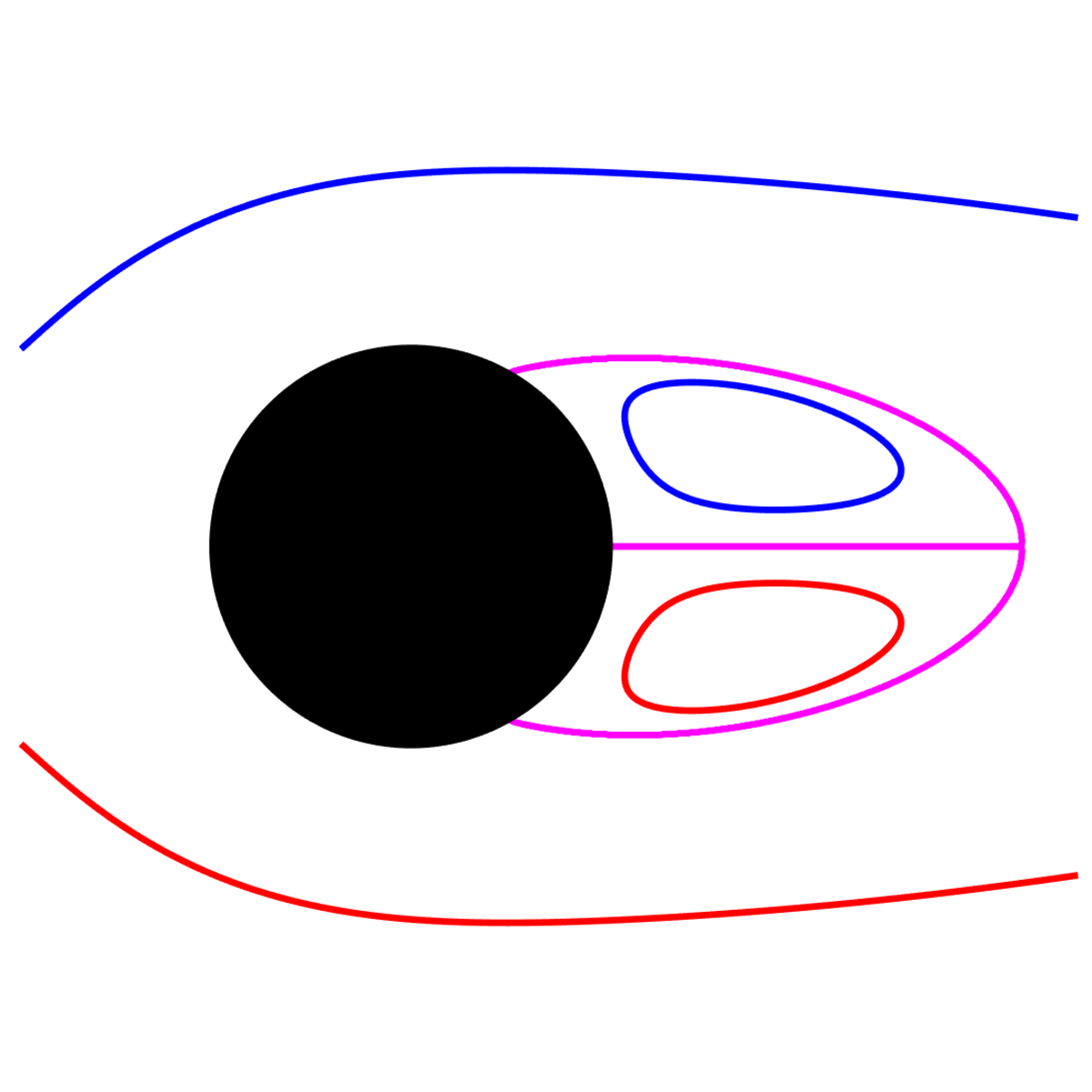
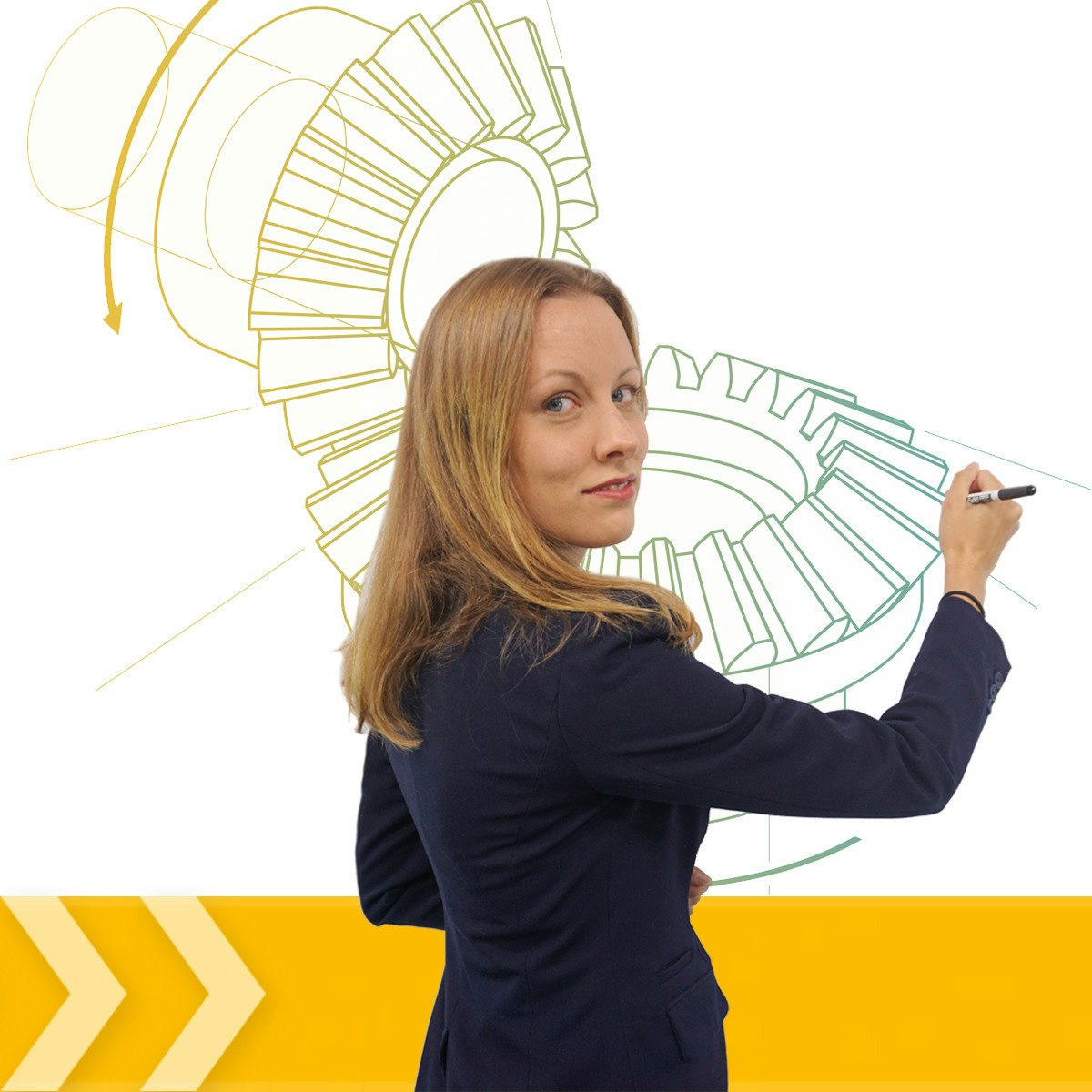

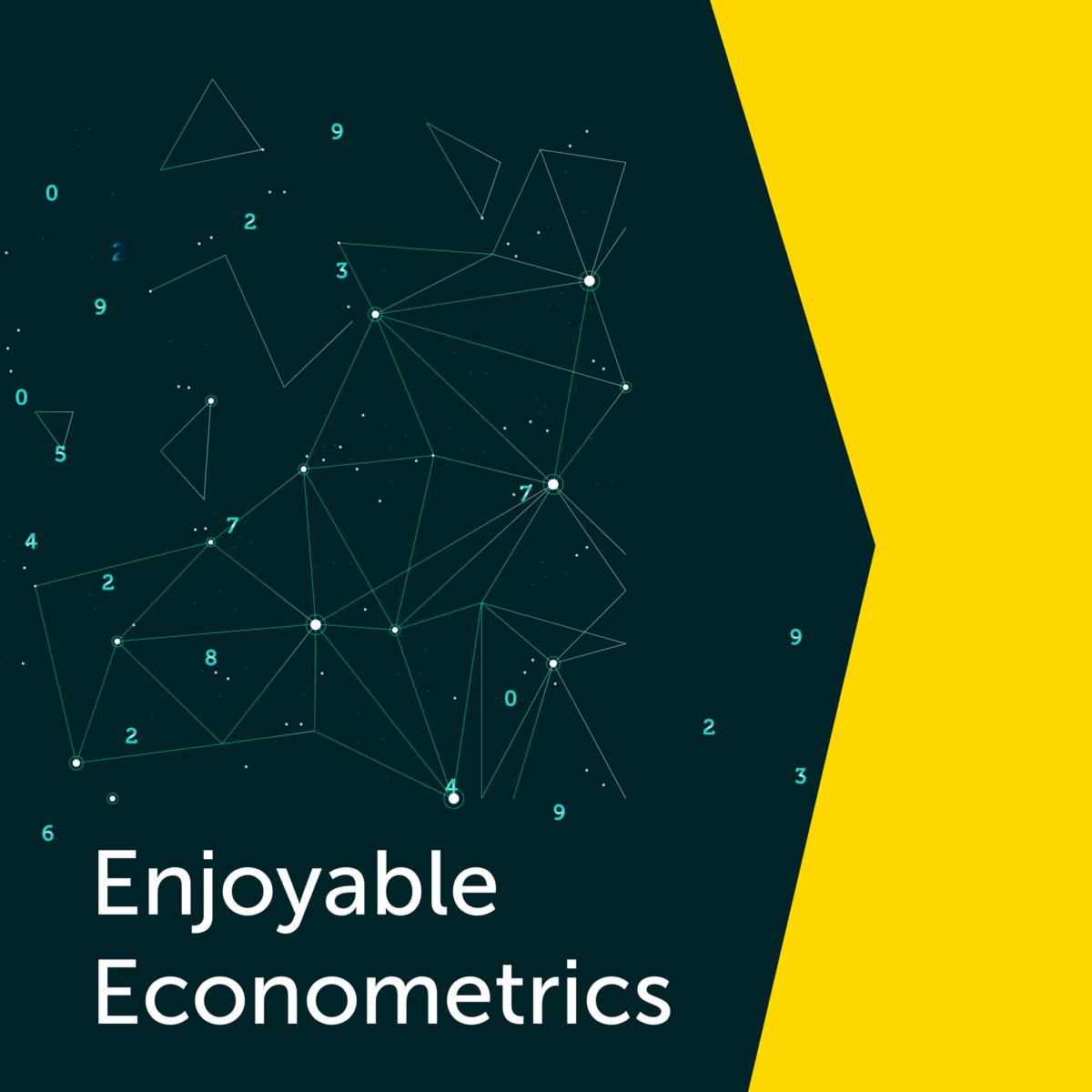
Math And Logic Courses - Page 6
Showing results 51-60 of 148

Capstone: Data Science Problem in Linear Algebra Framework
In this course, you'll review the specifics of the Capstone project. In addition, you will create and run your regression model and share your results with your peers. Let's get started!

Robotics: Aerial Robotics
How can we create agile micro aerial vehicles that are able to operate autonomously in cluttered indoor and outdoor environments? You will gain an introduction to the mechanics of flight and the design of quadrotor flying robots and will be able to develop dynamic models, derive controllers, and synthesize planners for operating in three dimensional environments. You will be exposed to the challenges of using noisy sensors for localization and maneuvering in complex, three-dimensional environments. Finally, you will gain insights through seeing real world examples of the possible applications and challenges for the rapidly-growing drone industry.
Mathematical prerequisites: Students taking this course are expected to have some familiarity with linear algebra, single variable calculus, and differential equations.
Programming prerequisites: Some experience programming with MATLAB or Octave is recommended (we will use MATLAB in this course.) MATLAB will require the use of a 64-bit computer.
Statistics with SAS
This introductory course is for SAS software users who perform statistical analyses using SAS/STAT software. The focus is on t tests, ANOVA, and linear regression, and includes a brief introduction to logistic regression.

Quantitative Foundations for International Business
This course provides the essential mathematics required to succeed in the finance and economics related modules of the Global MBA, including equations, functions, derivatives, and matrices. You can test your understanding with quizzes and worksheets, while more advanced content will be available if you want to push yourself.
This course forms part of a specialisation from the University of London designed to help you develop and build the essential business, academic, and cultural skills necessary to succeed in international business, or in further study.
If completed successfully, your certificate from this specialisation can also be used as part of the application process for the University of London Global MBA programme, particularly for early career applicants. If you would like more information about the Global MBA, please visit https://mba.london.ac.uk/.
This course is endorsed by CMI

Methods for Solving Problems
In this course, we will explore different types of problems, the boundaries of what makes a problem solvable, and the different algorithms, rules, and heuristics we can implement to solve these problems.

Algebra and Differential Calculus for Data Science
Are you interested in Data Science but lack the math background for it? Has math always been a tough subject that you tend to avoid? This course will teach you the most fundamental Calculus concepts that you will need for a career in Data Science without a ton of unnecessary proofs and techniques that you may never use. Consider this an expressway to Data Science with approachable methods and friendly concepts that will guide you to truly understanding the most important ideas in Differential Calculus. We will review some algebra basics, talk about what a derivative is, compute some simple derivatives and apply the basics of derivatives to graphing and maximizing functions.
This course is designed to prepare learners to successfully complete Statistical Modeling for Data Science Application, which is part of CU Boulder's Master of Science in Data Science (MS-DS) program.
Logo courtesy of ThisisEngineering RAEng on Unsplash.com

Mathematics for Engineers: The Capstone Course
Mathematics for Engineers: The Capstone Course provides a capstone project for students who are completing the Mathematics for Engineers specialization. Students will first learn some basic concepts in computational fluid dynamics, and then apply these concepts to compute the fluid flow around a cylinder. Access to MATLAB online and the MATLAB grader is given to all students who enroll.
Before enrolling, students should have already taken courses in matrix algebra, differential equations, vector calculus and numerical methods and be able to program in MATLAB.
The course contains 22 short video lectures and a full set of lecture notes. After each lecture there are problems to solve and at the end of the second and third weeks there is a substantial MATLAB programming assignment.
Download the lecture notes:
http://www.math.ust.hk/~machas/flow-around-a-cylinder.pdf
Watch the promotional video:
https://youtu.be/FlM1de9Sxh0
Machine Design Part I
“Machine Design Part I” is the first course in an in-depth three course series of “Machine Design.” The “Machine Design” Coursera series covers fundamental mechanical design topics, such as static and fatigue failure theories, the analysis of shafts, fasteners, and gears, and the design of mechanical systems such as gearboxes. Throughout this series of courses we will examine a number of exciting design case studies, including the material selection of a total hip implant, the design and testing of the wing on the 777 aircraft, and the impact of dynamic loads on the design of an bolted pressure vessel.
In this first course, you will learn robust analysis techniques to predict and validate design performance and life. We will start by reviewing critical material properties in design, such as stress, strength, and the coefficient of thermal expansion. We then transition into static failure theories such as von Mises theory, which can be utilized to prevent failure in static loading applications such as the beams in bridges. Finally, we will learn fatigue failure criteria for designs with dynamic loads, such as the input shaft in the transmission of a car.

Analyzing Thermodynamics Processes using Wolfram notebook
In this 1-hour long project-based course, you will learn to compute & analysis of thermodynamic processes viz Adiabatic process ,Isobaric process, Isochoric process, Isothermal and polytropic process.This project gives you easy access to the invaluable learning techniques used by experts in Physics. We’ll learn about the how the brain uses two very different learning modes and how it encapsulates (“chunks”) information. We’ll cover through the best practices shown by research to be most effective in helping you master tough topics of physics.Using these approaches, no matter what your skill levels in topics you would like to master, you can change your thinking and change your attitude towards physics.Classical thermodynamics considers three main kinds of thermodynamic process: (1) changes in a system, (2) cycles in a system, and (3) flow processes.(1) A change in a system is defined by a passage from an initial to a final state of thermodynamic equilibrium. In classical thermodynamics, the actual course of the process is not the primary concern, and often is ignored. A state of thermodynamic equilibrium endures unchangingly unless it is interrupted by a thermodynamic operation that initiates a thermodynamic process.(2) A cyclic process carries the system through a cycle of stages, starting and being completed in some particular state. The descriptions of the staged states of the system are not the primary concern.(3) Defined by flows through a system, a flow process is a steady state of flows into and out of a vessel with definite wall properties. The internal state of the vessel contents is not the primary concern.

Enjoyable Econometrics
The goal of this MOOC is to show that econometric methods are often needed to answer questions. A question comes first, then data are to be collected, and then finally the model or method comes in. Depending on the data, however, it can happen that methods need to be adapted. For example, where we first look at two variables, later we may need to look at three or more. Or, when data are missing, what then do we do? And, if the data are counts, like the number of newspaper articles citing someone, then matters may change too. But these modifications always come last, and are considered only when relevant.
An important motivation for me to make this MOOC is to emphasize that econometric models and methods can also be applied to more unconventional settings, which are typically settings where the practitioner has to collect his or her own data first. Such collection can be done by carefully combining existing databases, but also by holding surveys or running experiments. A byproduct of having to collect your own data is that this helps to choose amongst the potential methods and techniques that are around.
If you are searching for a MOOC on econometrics that treats (mathematical and statistical) methods of econometrics and their applications, you may be interested in the Coursera course “Econometrics: Methods and Applications” that is also from Erasmus University Rotterdam.
Popular Internships and Jobs by Categories
Find Jobs & Internships
Browse
© 2024 BoostGrad | All rights reserved